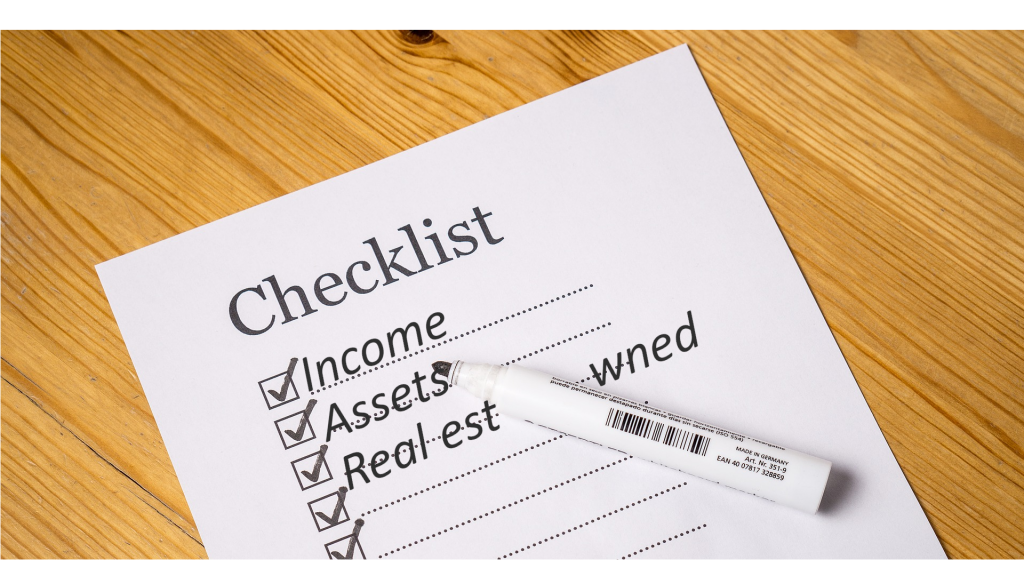How to Get the Refinance by End of 2019
HomeRefiNetwork.com
The rates are low, but holidays are around the corner. Is now really a good time to refinance your home? If you can save at least one percent on your interest rate and the closing costs are reasonable, yes. That said, how you proceed is important.
IF you haven’t checked your credit in the last twelve months, pull your own three free credit reports now from the FTC.gov website. This will not reveal your credit score, which varies based on purpose of pull, but it will show you whether you have negative items reporting, whether someone else has stolen your identity and whether there are reporting errors. You can dispute any of the erroneous negative information, but if you intend to pay collections, you might want to do that first so you can dispute the collections too. That way you make sure the satisfaction is recorded on the credit bureaus. Corrections may not report until the next monthly reporting.

Gather supporting documents. Once you have checked credit and cleaned up issues, gather documents for everything you state on your mortgage application:
- Income documentation, such as one month
consecutive paychecks, prior W-2’s, explanation for any change in income. If self-employed, be prepared with a profit
and loss statement and business bank statements and two years of business and
personal tax returns. Banks have
different requirements so be prepared for anywhere from 3 to 6 months of bank
statements.
- Letters of explanation for change in employment, and if applicable, purpose of cash out.
- Asset statements such as 2 months most recent bank statements, Investment account statements etc. whatever assets you state on your loan application, you should gather statements to document.
- Schedule of Real estate owned, if you own more than your primary residence. You should include the recent mortgage statements for all properties, and tax bills and insurance statements, when escrows are not included in monthly mortgage payments.
Check interest rates. Once your have the documents ready, and your credit is good, do the homework and compare lender interest rates. This will give you a general idea who you want to work with, but until your mortgage loan is locked, no rate is set in stone.
No Major Changes in debt or assets. Once you apply for your mortgage refinance, you should not make major purchases that affect your credit card payment amounts or your asset level. If you have a holiday savings account, for instance, do not include that in your assets, since by the time the loan closes, you will probably have spent a significant portion of that.
Hint: You can do the math to get an idea of whether you will qualify for a refinance. Add up your monthly obligations that are on your credit reports, then divide by your monthly gross income, including the new mortgage payment replacing the old mortgage payment. The resulting number should not be higher than 45% (.45), but if your credit scores are high enough some exceptions allow up to 50% (.50) debt to income. Lenders can sometimes omit certain short term debt, so ask if you have installment loans with less than 10 payments left. There is a lot to consider in a mortgage refinance, but you can get help in deciding which loan program makes sense for you at homerefinetwork.com and begin saving money by the end of 2019.
